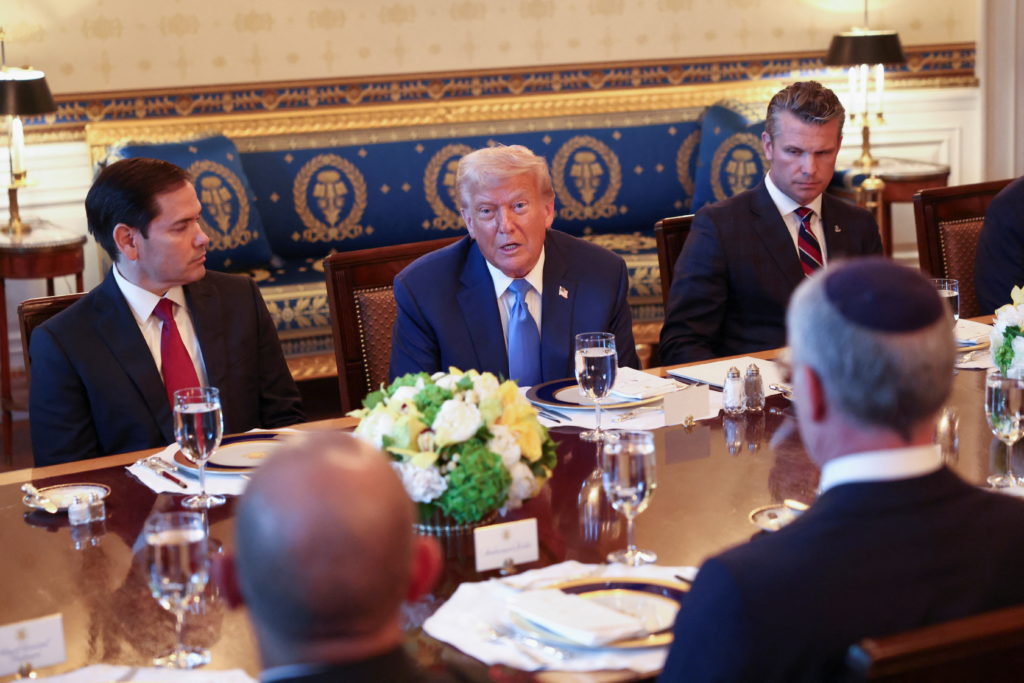Gulf States Fury Erupts After Israel’s Qatar Strike, Straining Trump’s Mideast Agenda
Gulf States Fury Erupts After Israel’s Qatar Strike, Straining Trump’s Mideast Agenda

DOHA, Qatar – A recent Israeli strike targeting Hamas leaders in Qatar’s capital, Doha, has ignited a firestorm of condemnation across the Gulf, severely testing diplomatic ties and threatening U.S. President Donald Trump’s strategic objectives in the region.
Arab leaders, including Saudi Crown Prince Mohammed bin Salman and the UAE’s Sheikh Mohammed bin Zayed Al Nahyan, have united in outrage, a rare display of solidarity after years of regional rifts. Prince Mohammed called for an “Arab, Islamic and international response to confront the aggression,” while Sheikh Mohammed denounced the strike as violating “all international laws and norms.”
President Trump has moved to distance the U.S. from the controversial attack, stating it “does not advance Israel or America’s goals” and assuring Qatar that such an incident would not be repeated. However, his administration’s perceived unwavering support for Israel, particularly in the wake of the October 7, 2023 Hamas attack and subsequent conflicts, is fueling deep anxieties among Gulf nations about the reliability of U.S. protection against regional aggressors.
The strike directly imperils Trump’s key priorities, including efforts to end the conflict in Gaza, expand the Abraham Accords, and counter growing Chinese and Russian influence. Qatar’s Prime Minister, Sheikh Mohammed bin Abdulrahman Al Thani, labeled the strike an act of “state terror” and questioned the viability of ongoing mediation efforts, noting the attack occurred as Hamas leaders were considering a U.S. ceasefire proposal.
Meanwhile, Israeli Prime Minister Benjamin Netanyahu has escalated tensions further, threatening more strikes if Qatar continues to host Hamas leadership. This stance drew swift condemnation from the UAE, which warned that aggression against any Gulf Cooperation Council (GCC) member would be considered an attack on collective Gulf security. The diplomatic fallout also casts a long shadow over the future of the Abraham Accords and hopes for a normalization deal with Saudi Arabia, as Gulf states prioritize stability and adherence to international law amidst the escalating regional crisis.
Disclaimer: This content is aggregated from public sources online. Please verify information independently. If you believe your rights have been infringed, contact us for removal.